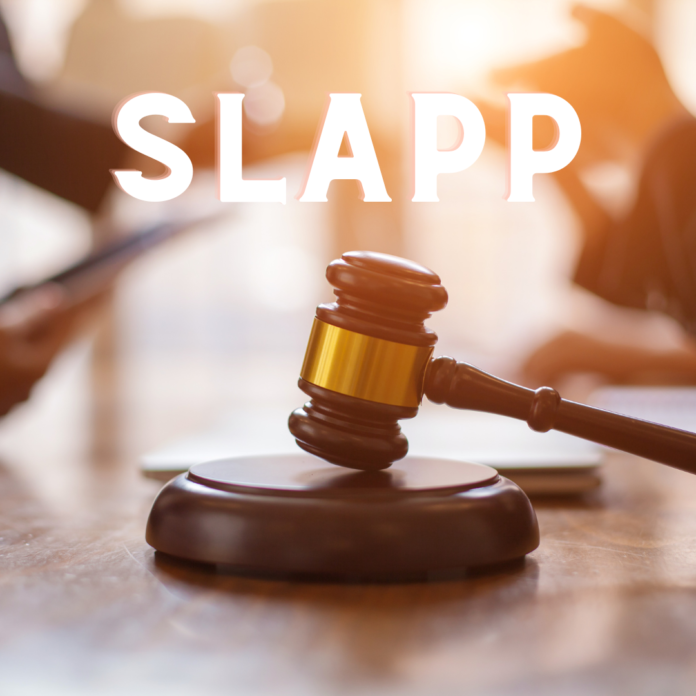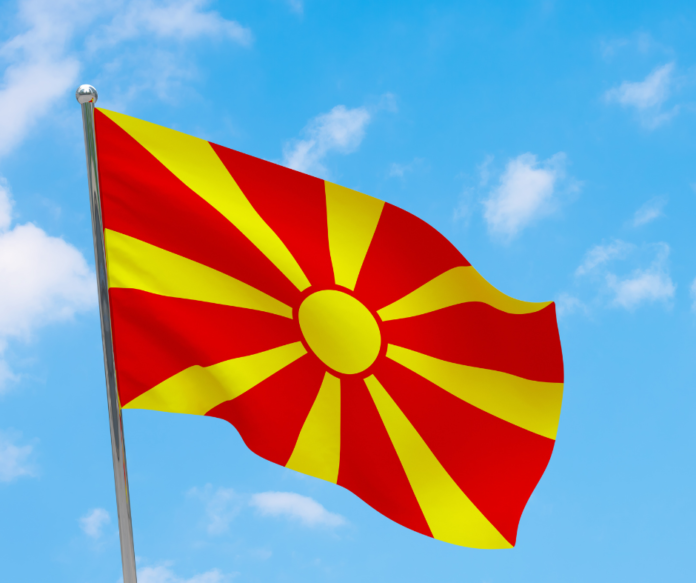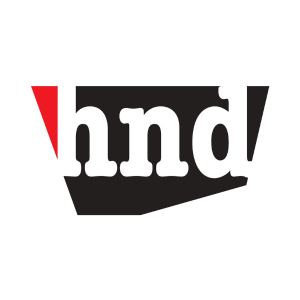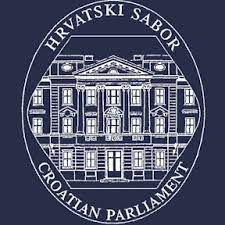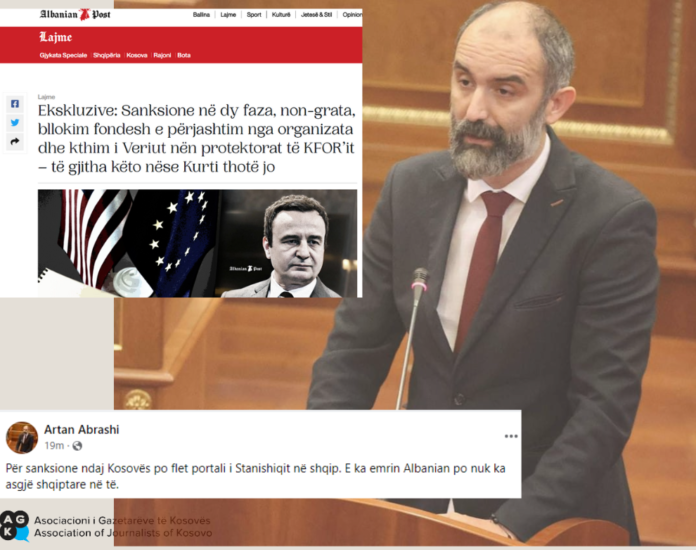Justice ministers of EU member states have reached an agreement on a common position on three important legislative proposals, based on which they will negotiate with the European Parliament on the final text of these laws. Member states have reached a provisional political agreement, i.e., consent on the negotiating position for negotiations on the proposal for a law that treats EU sanctions violations as criminal offenses, as well as on the proposal for a law aimed at protecting journalists and human rights activists from unfounded and malicious lawsuits, known as SLAPP lawsuits, and on the law for the prevention and combating of violence against women and domestic violence.
The proposal for a directive on protection from SLAPP lawsuits should ensure procedural guarantees for individuals facing SLAPP lawsuits. SLAPP stands for “strategic lawsuit against public participation.” These lawsuits aim to silence the media and non-governmental organizations that expose irregularities harmful to the public interest. The proposed directive should provide courts and victims of such lawsuits with appropriate tools to combat obviously unfounded lawsuits. The directive’s provisions will apply to civil cases with cross-border implications.
“Freedom of expression and media freedom are crucial for the functioning of our European democracies and our free and open societies,” said Minister Strömmer.
Speaking about the proposal for a law on sanction circumvention, Swedish Minister of Justice Gunnar Strömmer said that “sanctions are a key tool to support the EU’s support for Ukraine and its fight against Russian aggression.”
“This new law will facilitate easier investigation, prosecution, and punishment of sanctions violations in the EU,” Strömmer said. According to the proposed law, actions that member states will designate as criminal offenses include: assisting individuals subject to Union restrictive measures to circumvent EU travel bans, trading in sanctioned goods, and conducting transactions with states or entities affected by EU restrictive measures.
The directive on the prevention and combating of violence against women and in families envisages the criminalization of female genital mutilation, cyberstalking, online harassment, sharing intimate images without consent, and cyber incitement to hatred or violence. For these criminal offenses, the proposal contains provisions on penalties, aggravating circumstances, jurisdiction, and limitation periods.


